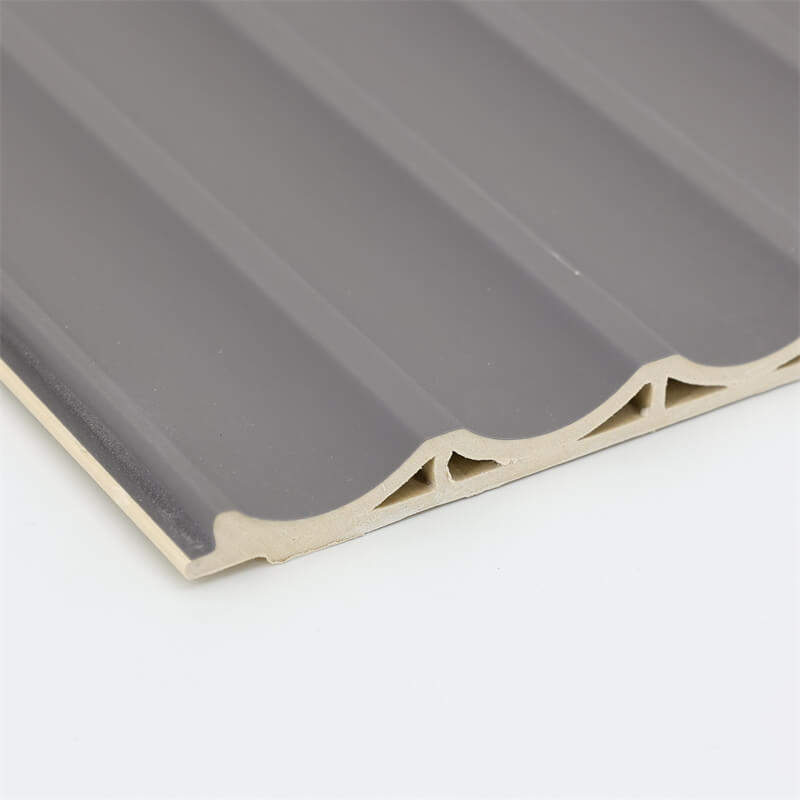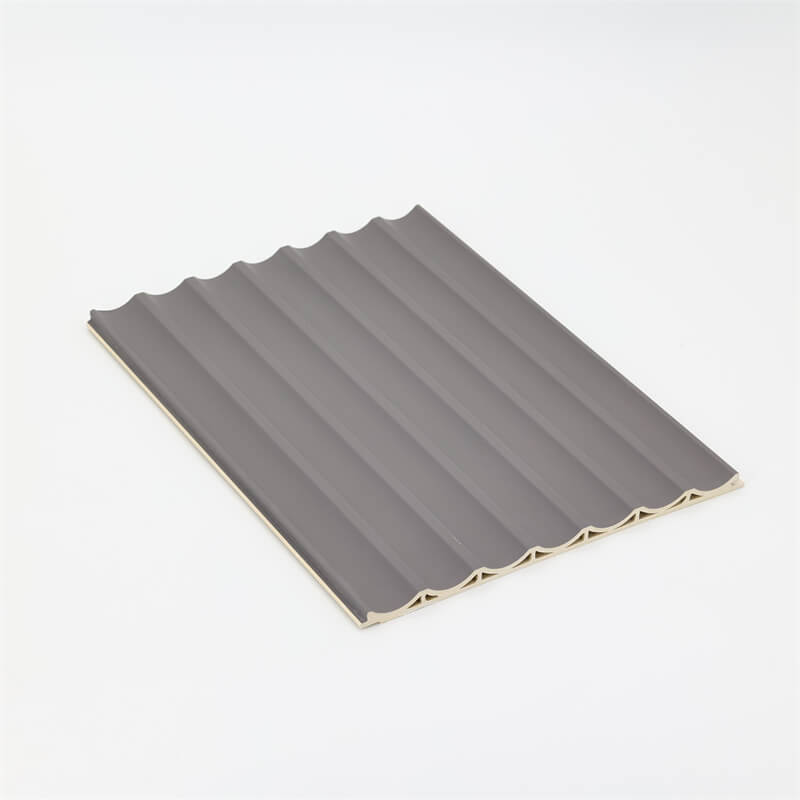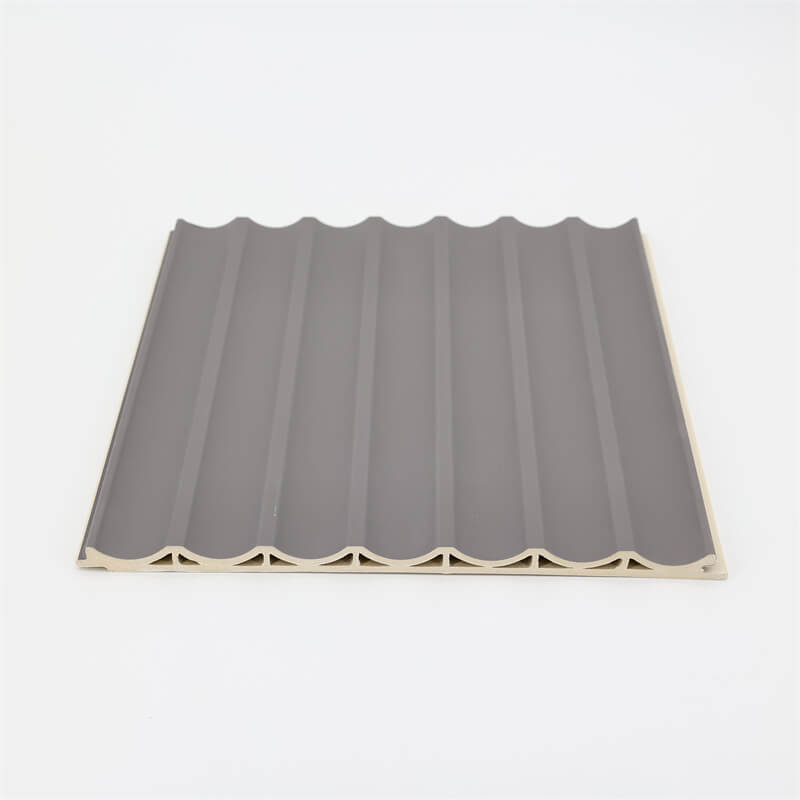
In an era of increasing environmental consciousness, sustainable construction practices are gaining traction in the industry.
As builders and homeowners seek eco-friendly alternatives, WPC (Wood-Plastic Composite) panels emerge as a smart choice for sustainable construction.
This article delves into the reasons why WPC panels are an excellent option for sustainable construction.
From their eco-friendly manufacturing process to their durability and cost-effectiveness, we will explore why WPC panels are becoming the preferred choice for environmentally conscious builders and homeowners.
Responsible Manufacturing: A Commitment to Sustainability
WPC panels are manufactured using a responsible and sustainable approach.
Reputable manufacturers prioritize the use of recycled and renewable materials in the production of WPC panels.
Wood fibers used in the panels often come from reclaimed or recycled wood, reducing the demand for virgin timber and promoting responsible forestry practices.
Additionally, the thermoplastic components of WPC panels are often derived from recycled plastics, diverting plastic waste from landfills and reducing environmental pollution.
Moreover, manufacturers invest in energy-efficient production processes to minimize carbon emissions and energy consumption.
By using renewable energy sources and implementing energy-saving technologies, WPC panel manufacturers further reduce their environmental impact.
When selecting WPC panels, builders and homeowners can choose suppliers and manufacturers that adhere to stringent sustainability standards and certifications.

Durability and Longevity: Building for the Future
One of the key advantages of WPC panels is their exceptional durability and longevity.
Unlike traditional wood, WPC panels are resistant to rotting, splintering, and warping.
They can withstand harsh weather conditions, moisture, and UV radiation without losing their structural integrity.
This durability ensures that buildings constructed with WPC panels require less frequent repairs and replacements, reducing waste and conserving resources in the long run.
Moreover, the long lifespan of WPC panels contributes to the sustainable life cycle of buildings.
By using durable materials like WPC panels, builders can construct structures that stand the test of time, reducing the need for future renovations or demolitions.
This aspect of sustainability promotes the concept of “building once, building well,” leading to resource conservation and minimized environmental impact.
Energy Efficiency: Enhancing Building Performance
WPC panels offer energy-efficient properties that enhance the performance of buildings.
Their insulation capabilities contribute to improved energy efficiency, reducing heating and cooling requirements.
The thermal resistance of WPC panels helps maintain comfortable indoor temperatures, reducing the need for excessive energy consumption.
Furthermore, the energy-efficient manufacturing process of WPC panels contributes to their overall sustainability.
By minimizing energy consumption during production, WPC panel manufacturers help reduce the carbon footprint of the construction industry.
Builders and homeowners can make a significant impact on energy conservation by incorporating energy-efficient WPC panels into their construction projects.

Cost-Effectiveness: Sustainable Solutions for the Long Run
While the initial cost of WPC panels may be slightly higher than traditional materials, their long-term cost-effectiveness makes them a smart choice for sustainable construction.
WPC panels require minimal maintenance, eliminating the need for frequent painting, staining, or sealing.
This reduces ongoing maintenance costs and saves both time and money for homeowners and builders.
Additionally, the durability and longevity of WPC panels minimize the need for replacements or repairs, further reducing expenses in the long run.
By investing in high-quality WPC panels, builders can create structures that withstand the test of time, resulting in long-term cost savings and improved return on investment.
Furthermore, as the demand for WPC panels continues to grow, the market has become more competitive, leading to more affordable pricing.
Increased manufacturing capabilities and economies of scale have made WPC panels increasingly accessible and cost-effective for builders and homeowners alike.
In the pursuit of sustainable construction practices, WPC panels stand out as a smart choice for builders and homeowners.
With their responsible manufacturing processes, exceptional durability, energy efficiency, and long-term cost-effectiveness, WPC panels offer a sustainable and practical solution for the construction industry.
By incorporating WPC panels into their projects, builders can contribute to a greener future while reaping the benefits of a reliable and eco-friendly building material.
